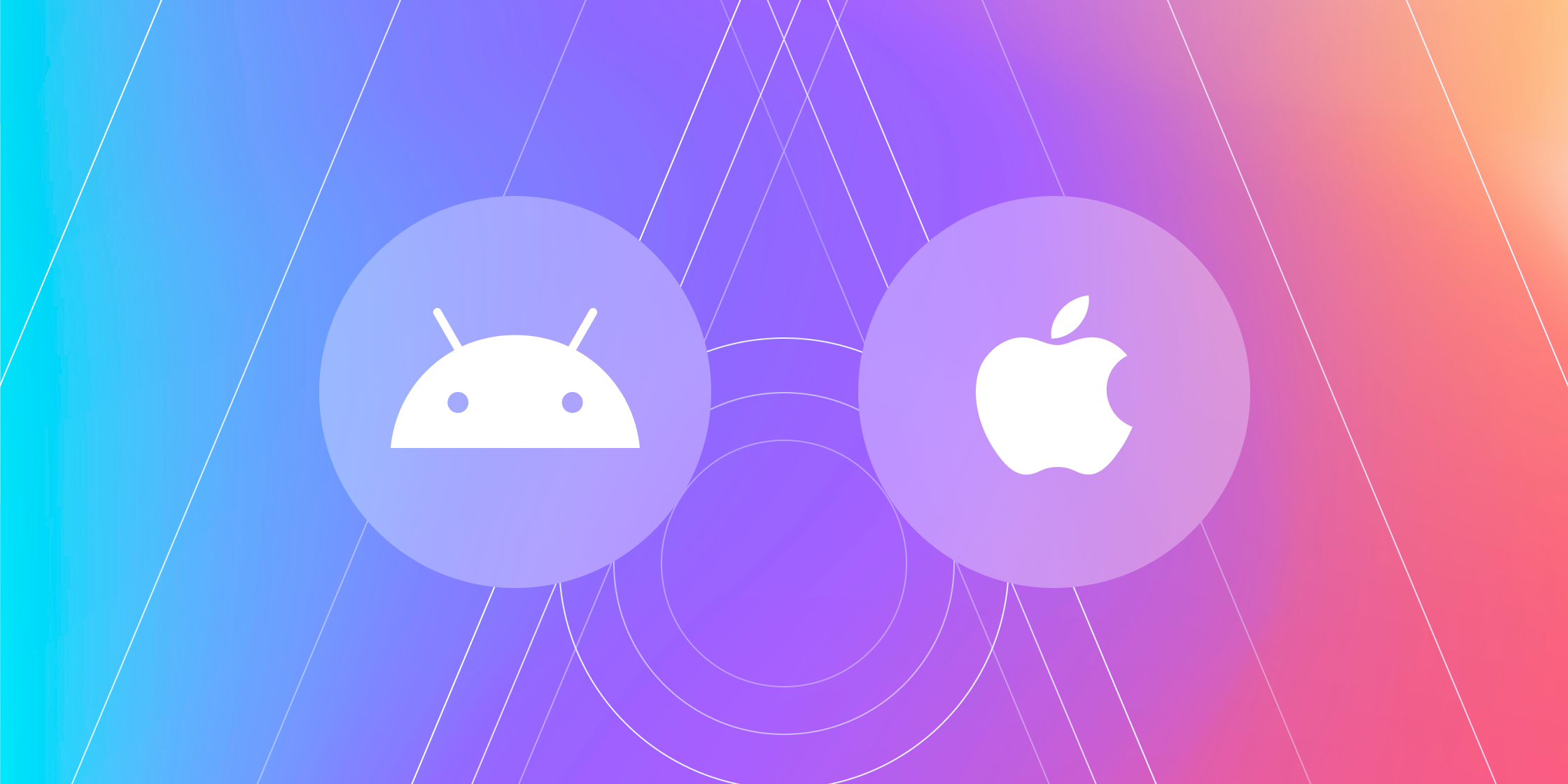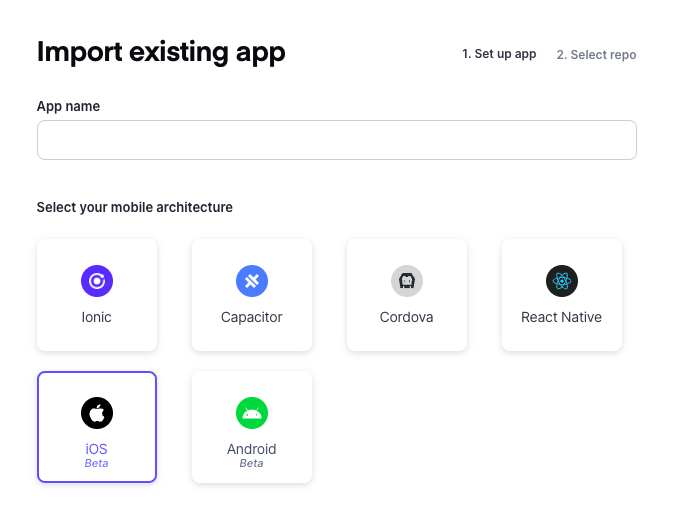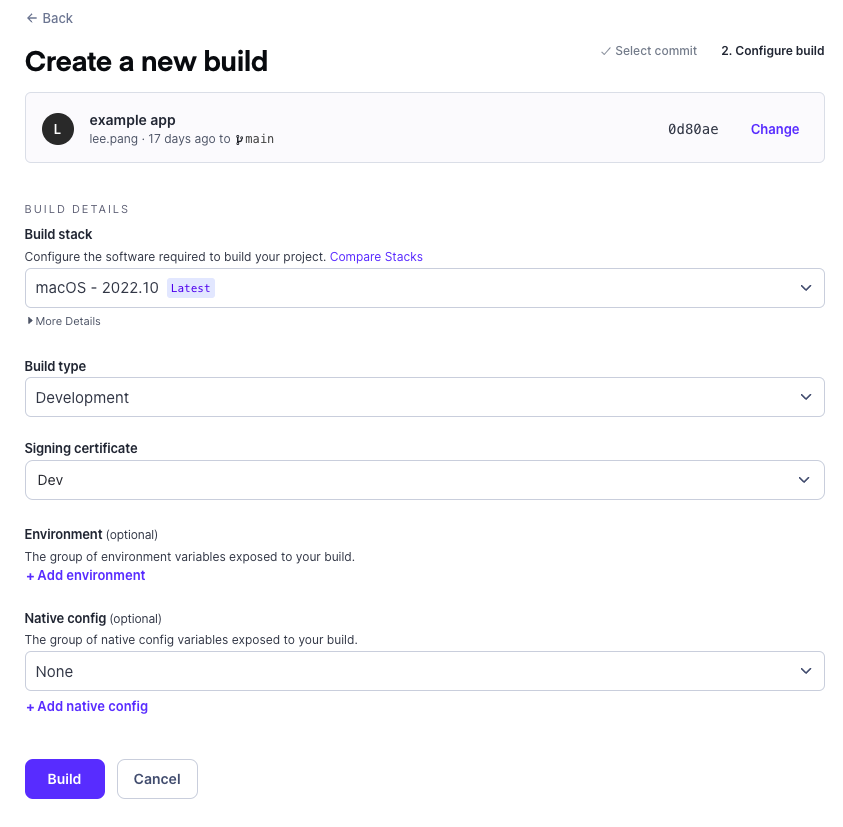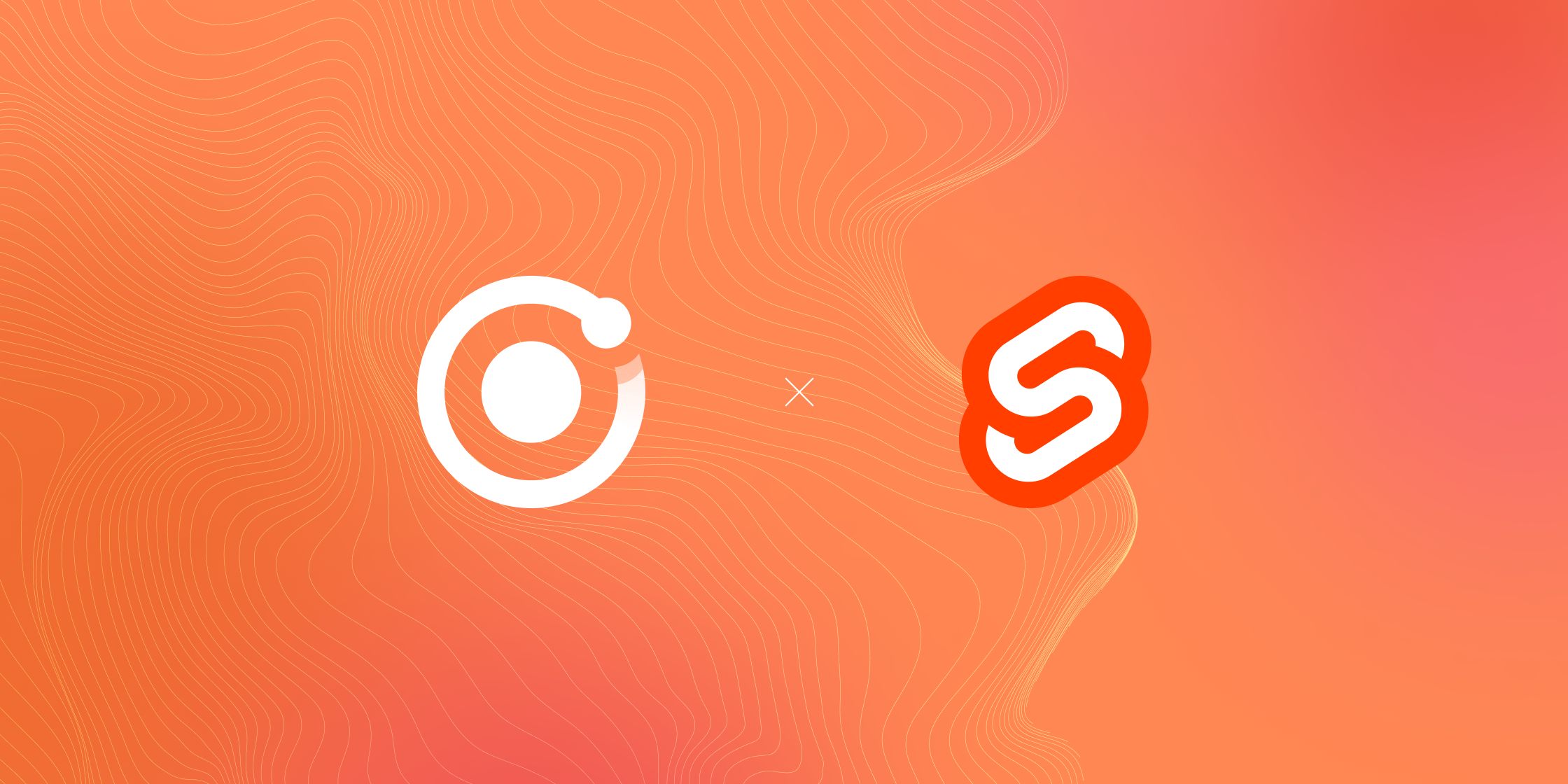Appflow adds support for traditional native iOS and Android apps


A new year brings support for new mobile app frameworks in Appflow, the mobile DevOps solution from Ionic. Now, developers can build traditional native iOS and Android apps in Appflow, expanding on existing support for Capacitor, Cordova, and React Native.
This release continues Appflow’s mission to make mobile DevOps easy for all developers, regardless of framework or DevOps experience.
Appflow started as the solution for cross-platform developers using Capacitor and Cordova to easily build native mobile apps in the cloud, ship to app stores, and automate workflows.
With last year’s release of React Native support and now traditional native iOS and Android, more teams than ever can leverage Appflow to build mobile CI/CD pipelines. Developers can orchestrate entire workflows within Appflow’s dashboard, or use Appflow’s CLI to integrate builds, deployments, and live updates into existing CI/CD workflows.
Support for additional mobile development frameworks is particularly impactful for enterprise organizations. In an October webinar, the Appflow team highlighted specific complexities of developing mobile apps at the enterprise level. For these larger organizations coordinating deployments across teams using multiple frameworks, a tool like Appflow provides a single platform for all teams, removing knowledge silos and the need to manage multiple tools.
How it works
Traditional native support includes Android (typically Kotlin or Java) and iOS (typically Swift or Objective-C) mobile apps. Unlike hybrid or cross-platform apps built with Capacitor or React Native, these apps are designed specifically for a single native platform.
To start building and shipping a traditional native iOS or Android app, use the same easy implementation process Appflow provides for other mobile architectures.
Import your app by connecting to the project repository on your Git provider and selecting iOS (Beta) or Android (Beta) during app setup.


Once your app is connected, configure signing certificates, deployment destinations, and any custom environments as needed. Select a commit to start the build, selecting the build stack, type, and optional configurations.


Configure variables or secret keys in the Appflow dashboard, or leverage support for iOS Schemes and Android Variants. Set up automated workflows based on a branch trigger, or use the Ionic Cloud CLI to integrate with an existing CI/CD pipeline.
The Appflow experience is nearly identical regardless of the mobile architecture. However, Web Previews and Live Updates are currently only available for Capacitor or Cordova apps. Our documentation outlines which features are available using mobile architecture badges. The Appflow team will continue to expand supported mobile architectures and new features.
Getting started
Existing Appflow customers can get started today by importing a traditional native iOS or Android app. Appflow plan administrators can invite new team members as needed using the instructions here.
To try out builds, deployments, and automations for your mobile applications, start a free trial of Appflow here.


